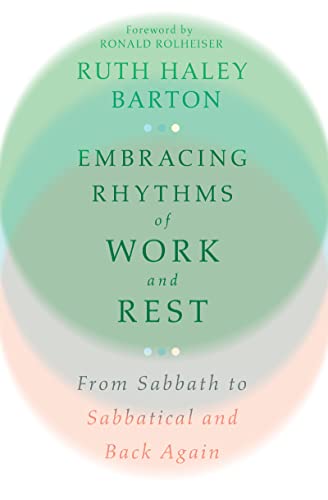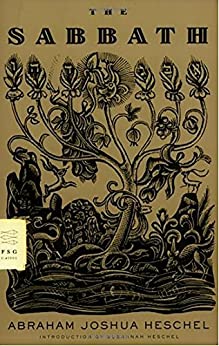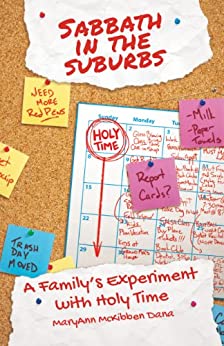FASTING PRACTICE
Fasting is an ancient discipline to break the power of the flesh–our desires, sins, and cravings–and to feed on the Holy Spirit.
Starving the flesh, feasting on the Spirit
Fasting is one of the most abused and least used of all the spiritual disciplines. Yet for millennia, it has been a core practice for apprenticeship to Jesus. All the great heroes of the Old Testament fasted. The first story we read about Jesus’ adult life is of him fasting for forty days and nights, like Moses and Elijah before him. The central characters of the New Testament continued this practice, as did the early church, which fasted twice a week – every Wednesday and Friday – for over a millennia. It’s not until quite recently that fasting fell out of favor.
And that comes as no surprise. We live in a culture not only of food but of excess and luxury and addiction to what psychologists call “the pleasure principle.” Yet for so many of us, the desires of our body have come to hold power over us. In the battle with our “flesh,” we have become its slave, not its master.
Fasting is an ancient Christian discipline to break the power of the flesh in our life – our desires, sins, and cravings – and to feed on the Holy Spirit.
Like all the spiritual disciplines, it’s really easy to lose sight of the “why” behind fasting. So this practice will focus less on tips and techniques, and more on the right motivation. There are three major motivations for fasting in biblical theology, and we will spend the next few weeks working through them. This week, we will focus on the flesh and the Spirit.

Group Questions
How do you all feel about this new Practice?
What’s an area of your life you would love to get more freedom in?
Do any of you fast on a regular basis? Do you have any encouraging stories of fasting and the role it’s played in your apprenticeship to Jesus?
In what ways do the dangers of a spiritual discipline like fasting often keep us from the good that God has for us?
How do you all feel about this new Practice?
What’s an area of your life you would love to get more freedom in?
Do any of you fast on a regular basis? Do you have any encouraging stories of fasting and the role it’s played in your apprenticeship to Jesus?
In what ways do the dangers of a spiritual discipline like fasting often keep us from the good that God has for us?
Encouraging Scriptures
As hunger pangs remind you that you are fasting, you may not be in a place where you can read the Bible. That could be a great time to practice a memory verse that you are working on.
Week 1: Isaiah 55:8-9
Week 2: Romans 1:16-17
Week 3: Matthew 26:40-42
Week 4: Revelation 21:22-23
Whole month: Isaiah 55:6-11
Whole month: Isaiah 55:1-13









